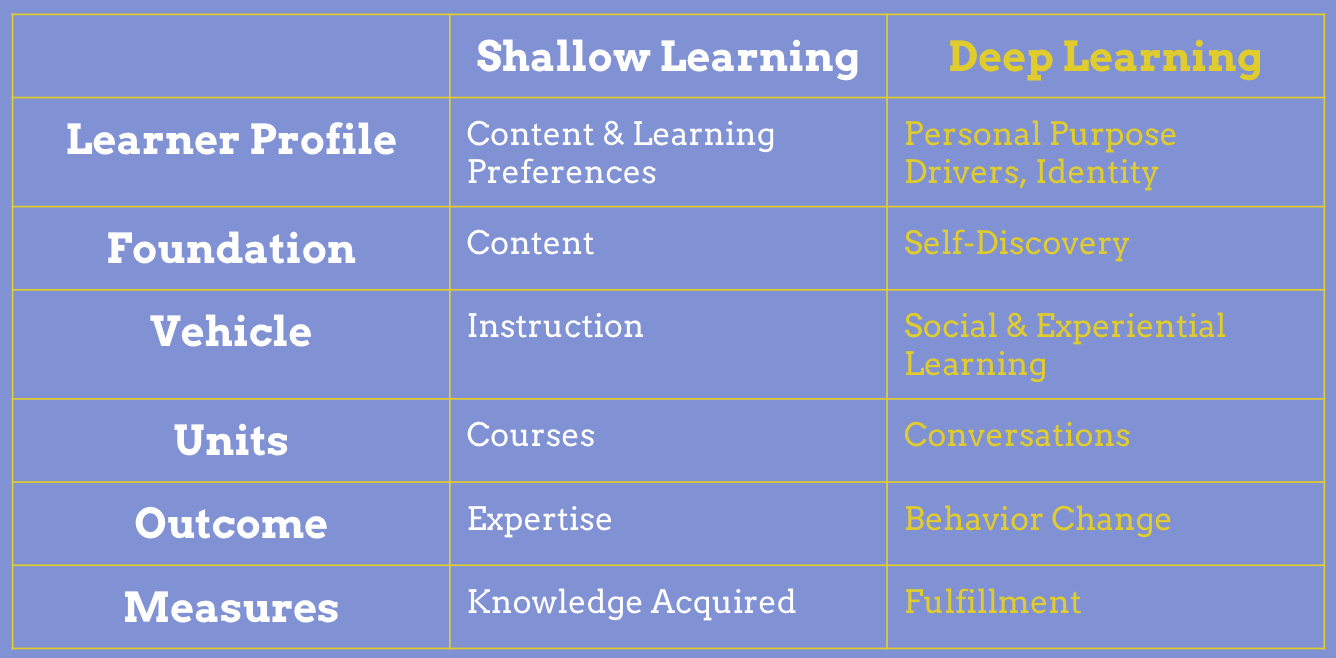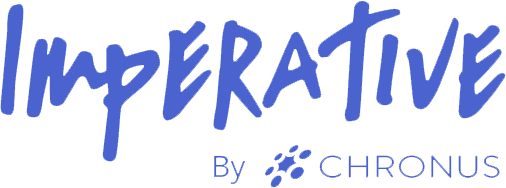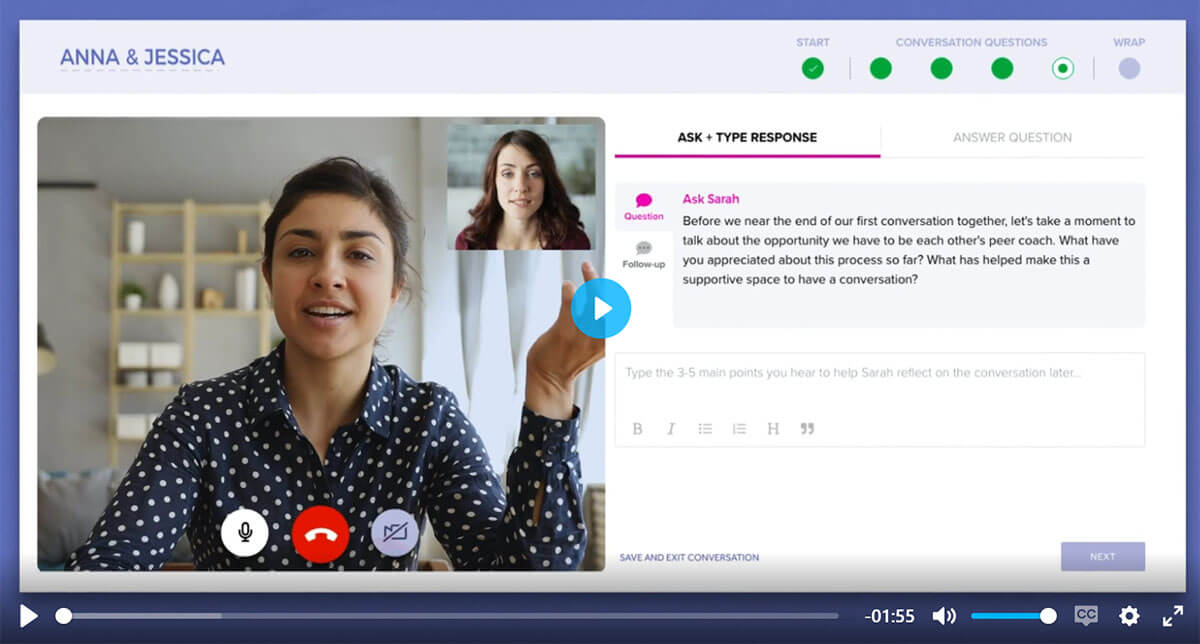How to Scale Growth Mindset In Your Company

If you want to become an expert on Growth Mindset, you can read Dr. Carol Dweck’s book or the thousands of articles on the topic online. You’ll learn what it is, why it works, why it’s important, and how it is being applied in the world today.

After spending time reading and processing, you might even be able to give a keynote presentation on the topic and receive a standing ovation.
But becoming an expert on Growth Mindset doesn’t mean that you have a Growth Mindset.

In fact, adopting a Growth Mindset requires more than just acquiring knowledge. Frankly, that’s the easy part. Adopting a Growth Mindset requires achange in identity. You have to let go of many false notions about who you are as a person and work on your sense of self.
Now, this isn’t easy work. If you have a Fixed Mindset, odds are that it is core to how you think about yourself and the world around you. The Fixed Mindset determines how you judge other people and their capabilities, and how you see possibilities.
This means that adopting a Growth Mindset is not only about identity, but also about emotion. In order to navigate these issues, you need to be in a positive emotional state. If you are operating out of fear or scarcity, a Growth Mindset will remain as knowledge and not actually change your behavior.
Adopting a Growth Mindset is just one of many learning objectives that go beyond what we can learn from content, learning, and experience management systems we use in the workplace today.
Inclusion. Self-Awareness. Empathy. Resilience. Adaptability. Curiosity. Abundance. Values. Purpose. Vulnerability.
Shallow vs Deep Learning
We can’t learn everything from classes, articles, and TED Talks. Deep learning goes beyond acquiring knowledge; it requires engaging emotion, identity, and behavior change. And, it requires social reinforcement and cultural support in order to stick.
Current learning systems (LMS) are focused on managing the content and measuring knowledge transfer. This works well for shallow and transactional learning that is processed with our cerebral cortex. Content in, content out. It’s as simple as that.
The core capabilities for the new collaborative, agile, and human demands in the workplace are not supported by current shallow learning solutions.
The learning increasingly needed in the workplace today is deep learning. It has very different characteristics from what most companies are offering.

Learning management systems and content providers are critical to help build technical skills but they are not designed at their core to support deep learning.
Let’s Go Deep
If we are serious about inclusion, collaboration, teamwork, mental health, adaptability, fulfillment, and purpose, we have to go deeper. We need to rethink learning. To build a human workplace where both people and profits soar, we need to build learning cultures around self-awareness and peer conversations.

How are you building self-awareness on your team? How are you helping people see (and be) their best selves? How are you helping people understand their purpose drivers?
Are you regularly connecting people for transformational conversations? Not just once a year, but on a weekly or monthly basis. How are you helping people have meaningful conversations across the organization so they can develop and build a network of advocates? How are you curating these conversations to ensure they are successful?
Your people are ready to take this on. In a recent study, we found that 68% of people report that they are responsible for their own fulfillment. Now, you just have to empower them with the resources and space to make it happen.
Activate Peer Coaching
Download our new white paper on peer coaching to learn why peer coaching can unleash employee potential at scale and how to deploy it in your organization.
Download Now







